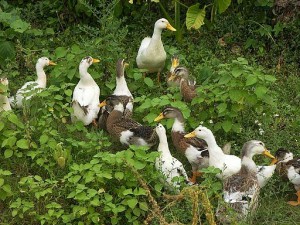Following are some economic terms which were regularly used during and after the Lehman Shock. Unfortunately government initiatives after the shock have done little to inspire confidence that the “too big to fail” problem has been properly addressed.
以下に挙げるのは、リーマン・
bail a company out
企業を救済する
to rescue a company that has financial problems
財務上の問題を抱えている企業を救済すること
During the financial crisis the government used taxpayers’ money to bail out various financial institutions deemed too big to fail.
金融危機の間、
Too big to fail
大き過ぎて潰せない
a business or institution so important to the economy of a country that a government or central bank must take measures to prevent it from ceasing to trade or going bankrupt.
企業や団体のうち、国の経済にとって非常に重要な為、
We have still not found a solution to the “too big to fail” status of a number of Wall Street firms.
多くのウォール街企業における、「大き過ぎて潰せない」
Green shoots (of recovery)
(回復の)芽吹き
signs of growth or renewal, especially of economic recovery.
成長や再生、特に景気回復の兆し。
It wasn’t until 2009 that the first green shoots made their much awaited appearance.
2009年になって初めて、
Recession
景気後退
A significant decline in activity across the economy, lasting longer than a few months.
経済活動全般の著しい落ち込みのうち、2・3ヶ月以上続くもの。
The sharp decline in economic activity during the late 2000s, which is generally considered the largest downturn since the Great Depression will always be known as “The Great Recession”.
2000年代終わりに見られた経済活動の急激な落ち込みは、







































